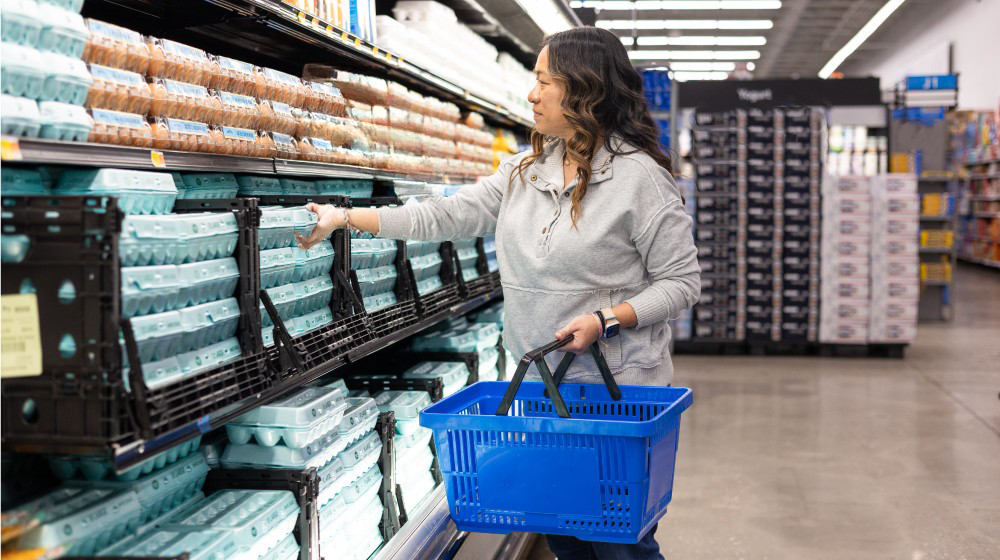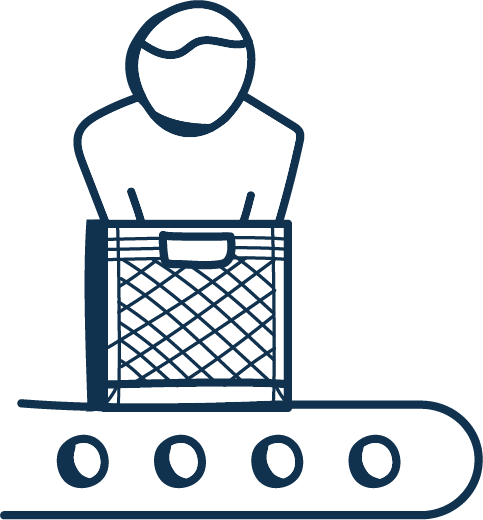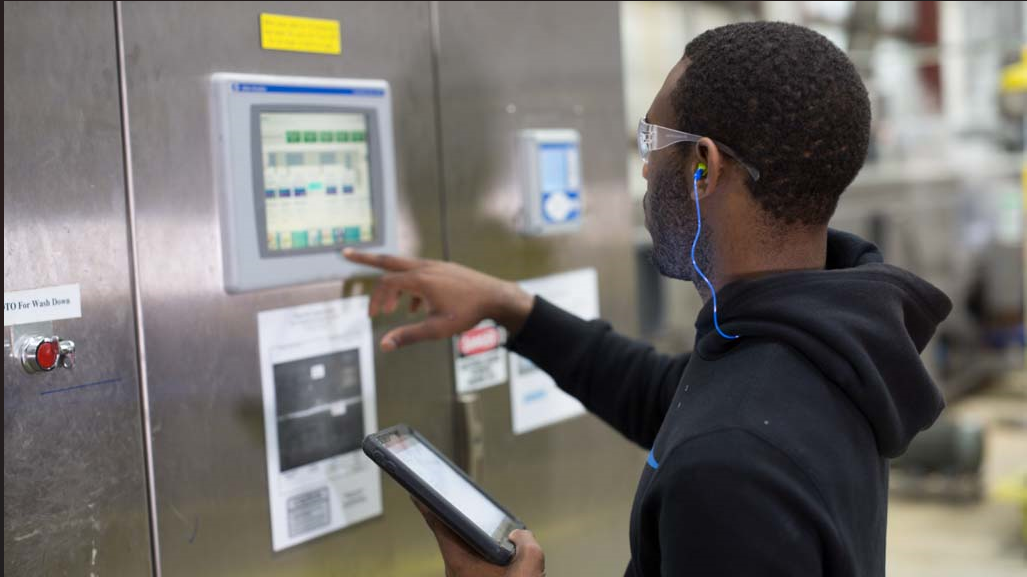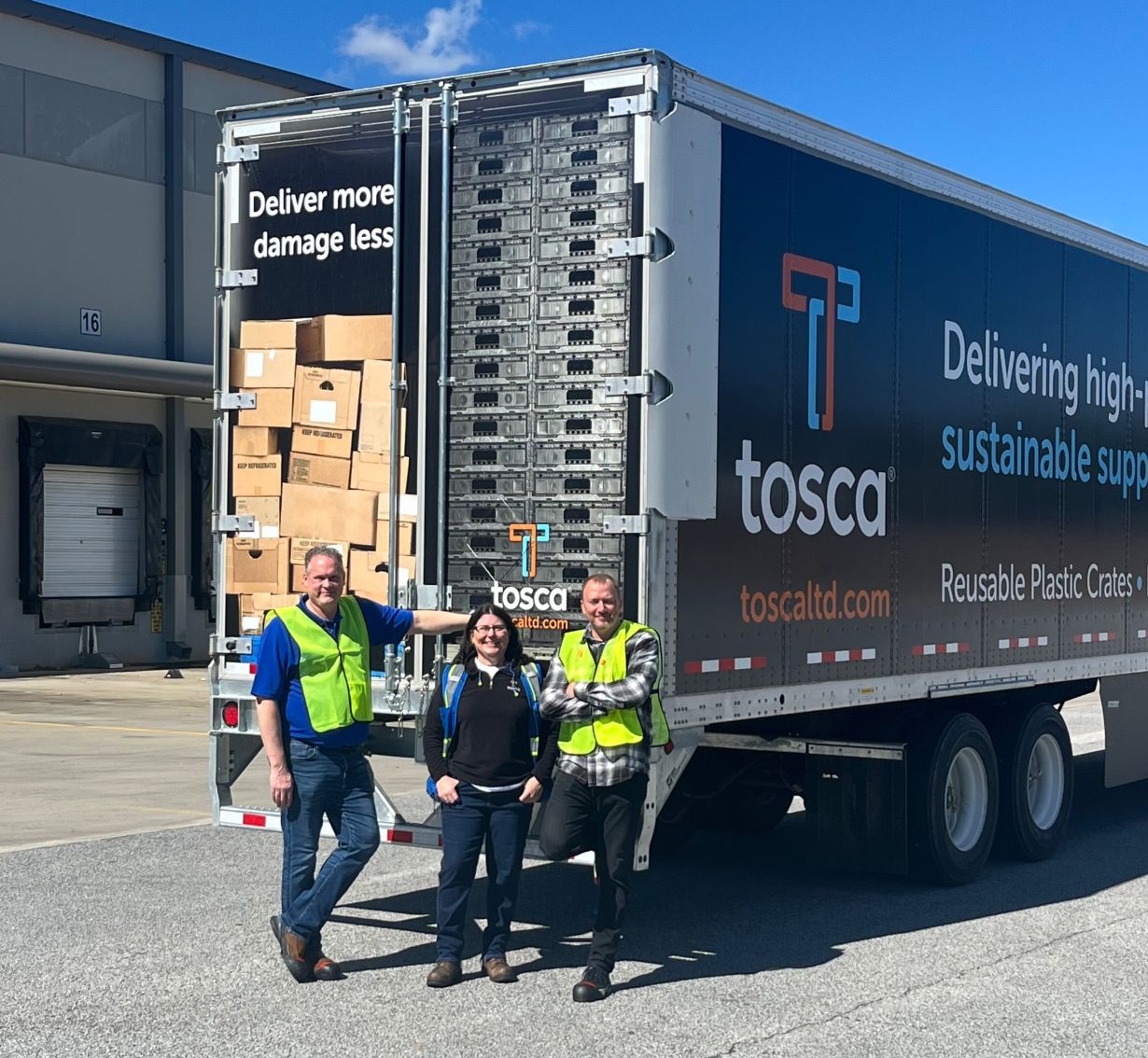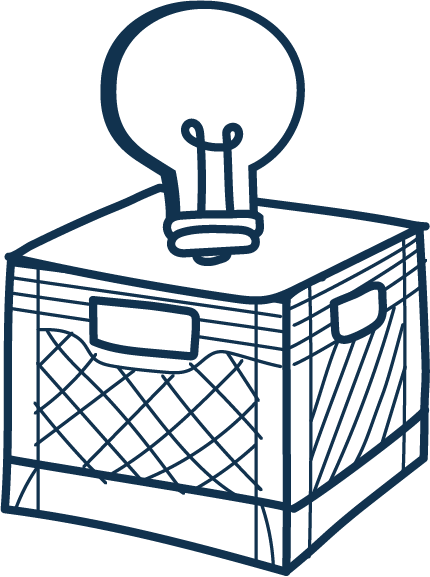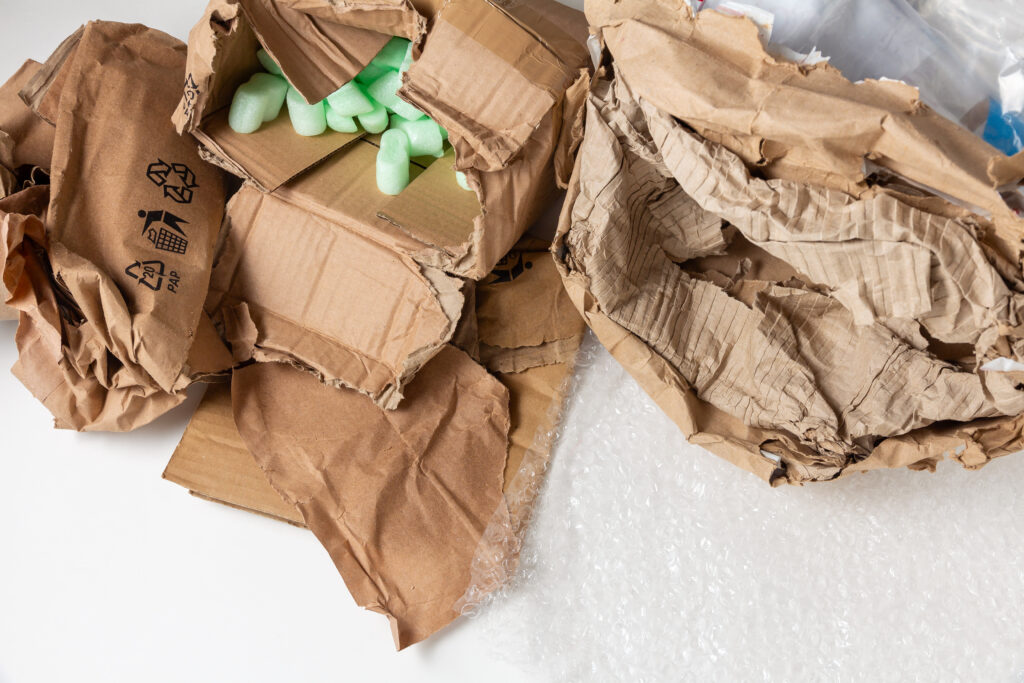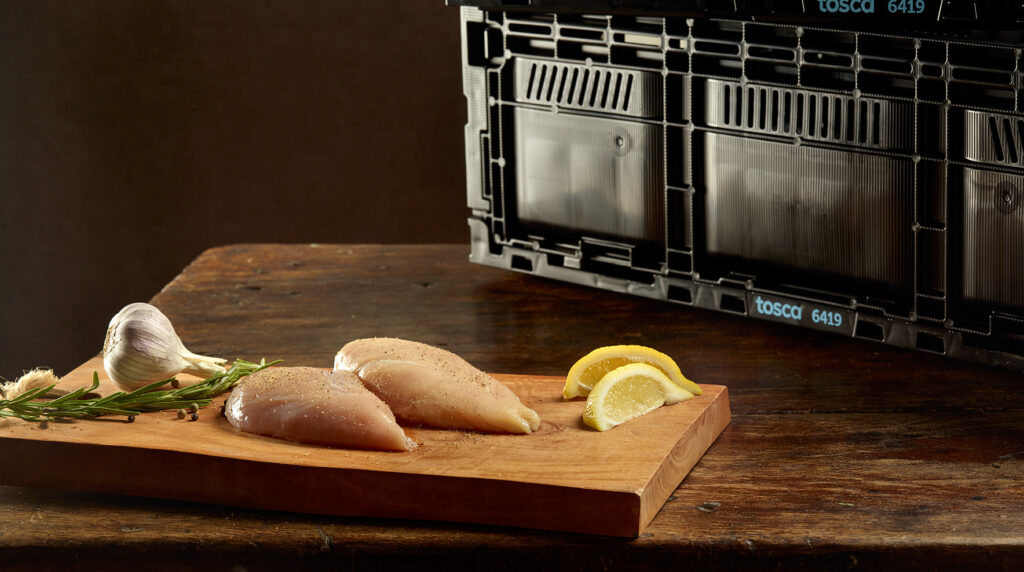Wegmans’ seafood team pioneers Tosca’s RPCs to reduce unsustainable EPS styrofoam
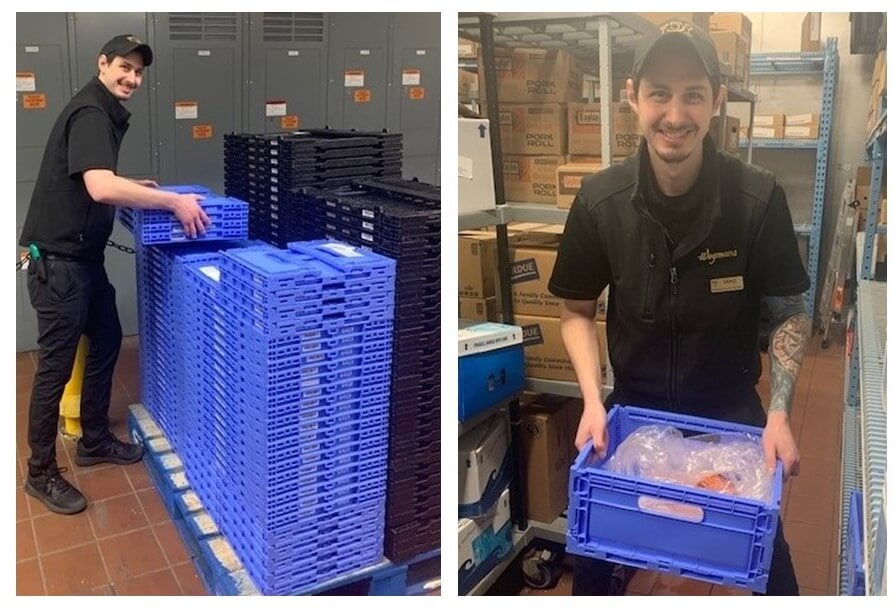
In this article
Major northeast grocery retailer Wegmans’ has been converting all of their seafood supply chains to RPCs in order to reduce EPS foam. To read the story they posted on their website, click here.
“Sustainable packaging has been a focus of ours for a number of years,” Jason Wadsworth, Wegmans category merchant for packaging, energy, and sustainability explained. “Our job is to make sure packaging is functional, performs as expected, and uses materials efficiently and responsibly. As often happens with sustainability initiatives, the changes we’re implementing and the progress we’re making aren’t always easy to see.”
Wegmans is the first retailer to launch an RPC program for seafood, though they have been using reusable plastic totes to transport produce and meat for years.
“The seafood industry tends to lag behind others, and doesn’t adjust to change well,” shares Mark Fromm, Wegmans seafood category merchant, in explanation. “We have wanted an alternative to foam coolers for a while, and as our sustainability team continued to roll out our Zero-Waste program to more and more stores, we started hearing feedback from our store teams about the foam coolers, and we knew it was time to find a more sustainable option.”
Tosca RPCs have been a champion in the Wegmans meat supply chain for a while now. According to the article they posted, the journey to adopting RPCs for seafood started when the Wegmans seafood and sustainability teams started exploring the RPCs used by the meat department, as they offer a number of benefits. RPCs keep product cold and secure during transportation just as well as EPS foam coolers. They are also collapsible and stackable, taking up less room on the return truck to the supplier for the next shipment, and the cost of the containers is equal to or less than the cost of foam coolers. At the time, there was one hurdle to overcome – the size.
At first, the containers, made by Tosca, were only available as a five-down crate, which was too big for most of the product the seafood team transports, but perfect for the 20-pound case packs of salmon. To test the viability of the containers for transporting seafood, the seafood team enlisted the help of their long-time salmon supplier, JD & Sons, based in Rochester, New York.

“We’ve partnered with JD & Sons since the 1980s, and they’ve always been fantastic to work with. They are forward thinking and always interested in trying new things,” says Mark. “They were already looking for a way to get out of Styrofoam, so when we approached them with this idea to use RPCs, they couldn’t wait to get started.”
The pilot launched in February 2020, and very quickly was a success. Armed with data that showed Tosca RPCs are a viable alternative to foam coolers for transporting seafood and can reduce EPS foam, Mark reached out to Tosca to see about getting a smaller crate that would be suitable for the rest of the seafood team’s needs.
“From the very beginning, this idea of using reusable containers that have a lifespan of at least eight to 10 years and can then be recycled, in place of single-use foam coolers, was about doing what’s right for the environment, and getting the seafood industry as a whole on board,” says Mark. “When I reached out to Jeremy at Tosca about a smaller tote, he immediately saw the potential in what we were trying to do and set to work on designing a smaller tote.”
While work on a smaller tote was underway, Wegmans’ seafood team focused on introducing the existing Tosca crates to additional suppliers, like JJ McDonnell in Maryland, and bringing them on board. By the end of 2020, Wegmans and its participating suppliers eliminated the use of 216,700 foam coolers.
Once the development of the smaller crate was completed in 2021, Tosca sent samples to JD & Sons for testing in a limited, four-store pilot. As expected, the pilot was a success, and Wegmans has expanded the program to additional suppliers, who are using the new half-sized totes to transport a variety of fresh seafood items. Currently, five of Wegmans’ suppliers have made the switch to RPCs, a change that will result in more than 1 million pounds of Styrofoam eliminated from their supply chain by the end of this year.
“All our suppliers have been incredibly receptive to this idea, particularly since we have data to show the crates work. They are just as effective as their foam counterparts, and just as affordable” says Mark. “Tosca, JD & Sons, and JJ McDonnell, have all been incredible partners with us over the last two years to make this program a success. It’s great to see the industry moving in this direction and the positive impact it’s having on our environment.”






